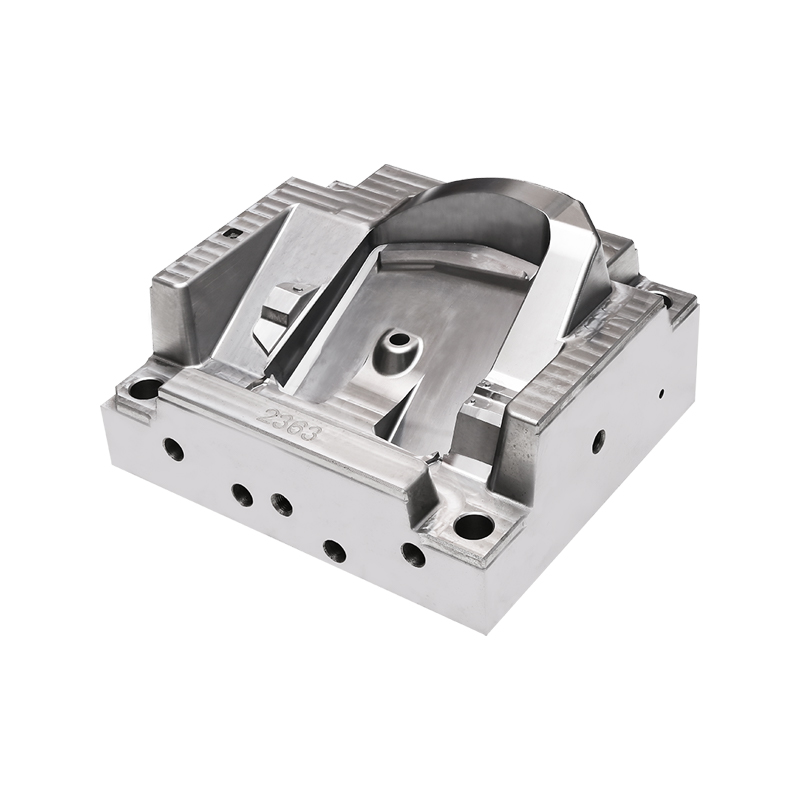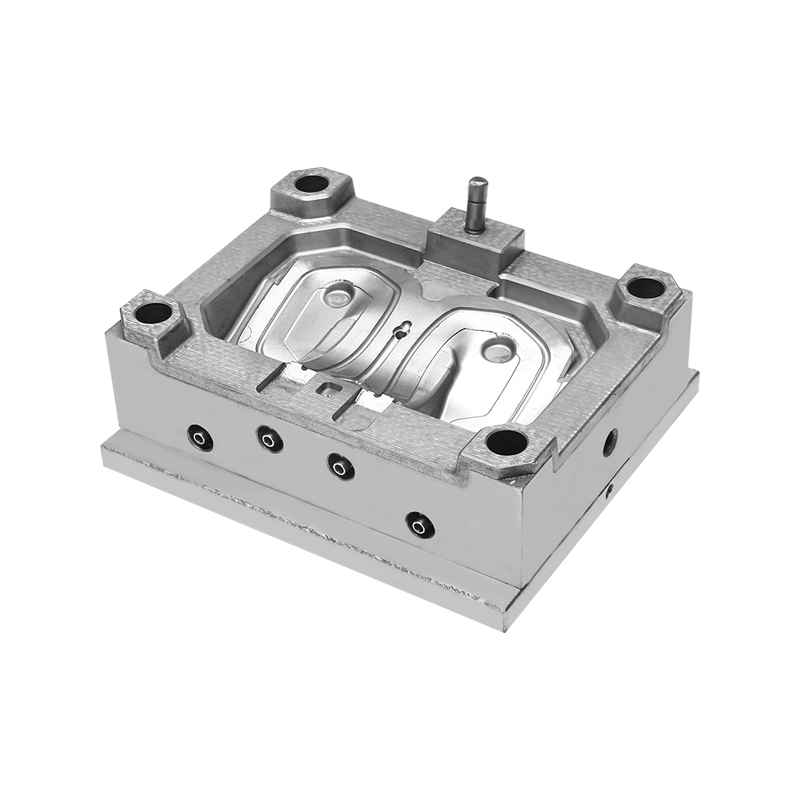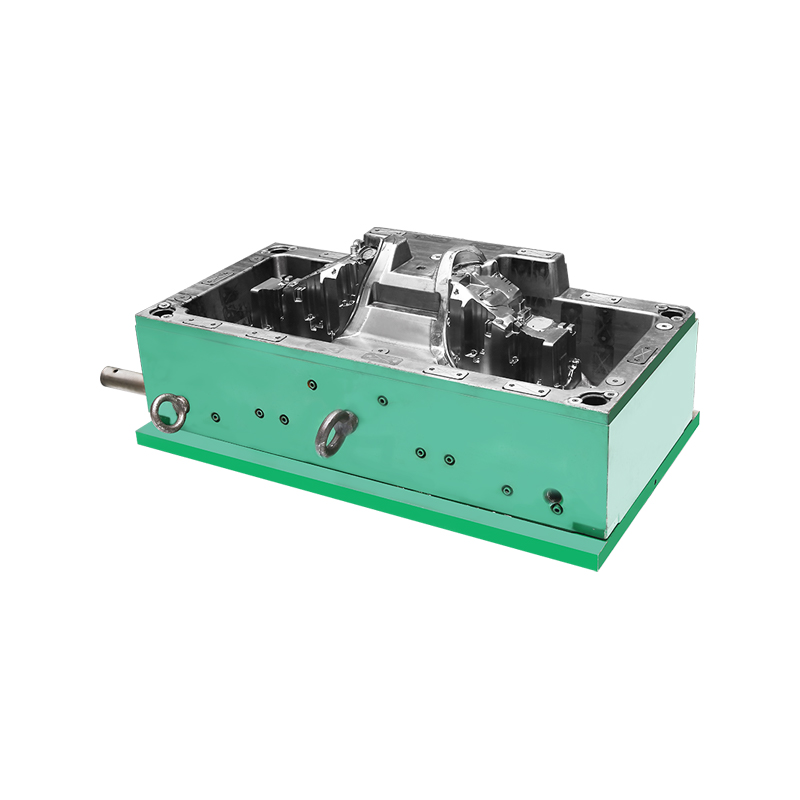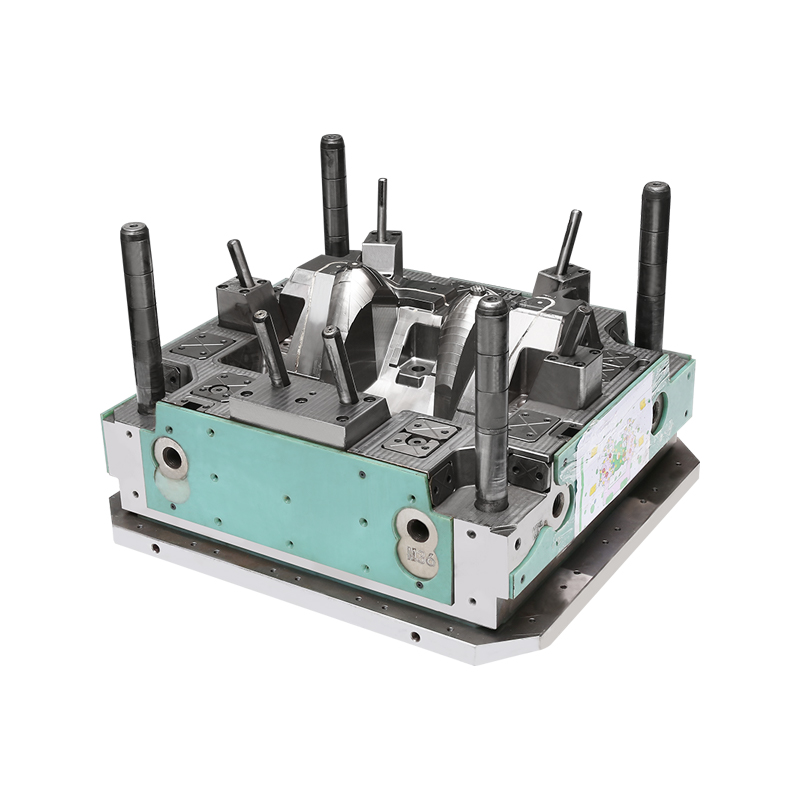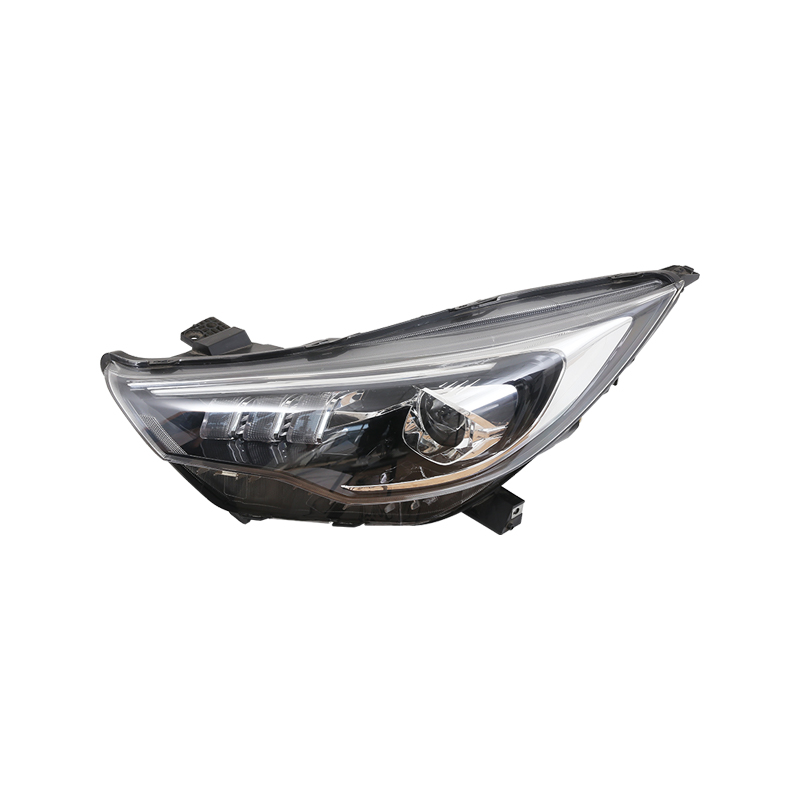OEM automotive plastic injection molding Manufacturer
In the ever-evolving landscape of the automotive industry, the demand for precision, efficiency, and sustainability has never been higher. One of the critical components that contribute to the success of this industry is the automotive plastic injection mold. These molds are the backbone of the manufacturing process, shaping the future of automotive design and functionality. As we delve into the intricacies of automotive plastic injection molds, we uncover the challenges faced and the innovative solutions that are paving the way for a more robust and resilient automotive sector.
The automotive plastic injection mold is a marvel of modern engineering, designed to withstand the rigors of high-pressure injection molding processes. These molds are responsible for producing a wide array of automotive components, from intricate dashboard components to large exterior body panels. The precision and repeatability of these molds are paramount, as they directly impact the quality and consistency of the final product.
One of the long-term challenges faced by automotive plastic injection molds is the issue of wear and tear. The high-pressure environment and the abrasive nature of the materials being molded can bring to the degradation of the mold's surface over time. This degradation can result in a decrease in the quality of the molded parts, bringing to increased scrap rates and higher production costs. To combat this, manufacturers are investing in advanced materials and coatings for their molds, which offer enhanced durability and resistance to wear.
Another challenge is the need for rapid tooling and quick changeovers. The automotive industry is characterized by its fast-paced nature, with constant demands for new models and designs. This requires molds to be adaptable and easily modified to accommodate these changes. The development of modular mold designs has been a significant step forward in addressing this challenge. These designs allow for the quick replacement or modification of mold components, reducing downtime and increasing production flexibility.
The environmental impact of automotive plastic injection molds is also a growing concern. The industry is under increasing pressure to reduce its carbon footprint and adopt more sustainable practices. This has led to the exploration of new materials and processes that minimize waste and energy consumption. For example, the use of recycled plastics in mold production is becoming more prevalent, as is the implementation of energy-efficient heating and cooling systems for molds.
Innovations in automation and digitalization are also playing a crucial role in addressing the long-term challenges of automotive plastic injection molds. The integration of advanced sensors and data analytics allows for real-time monitoring of the mold's performance, enabling predictive maintenance and reducing the likelihood of unexpected downtime. Furthermore, the use of simulation software enables manufacturers to test and optimize mold designs before production, ensuring better performance and reducing the need for costly redesigns.
The precision and complexity of automotive plastic injection molds demand a high level of expertise and skill from the mold makers. As the industry continues to advance, the need for skilled workers who can operate and maintain these molds is becoming increasingly important. Investment in training and education is essential to ensure that the workforce is equipped with the necessary knowledge and skills to meet the demands of the industry.
The future of automotive plastic injection molds is bright, with ongoing research and development driving improvements in material science, mold design, and manufacturing processes. As the industry continues to push the boundaries of what is possible, the role of these molds in shaping the automotive landscape will only grow in significance.
In conclusion, the automotive plastic injection mold is a critical component in the production of modern vehicles. The challenges faced by these molds are multifaceted, ranging from wear and tear to environmental concerns and the need for rapid adaptation to changing market demands. However, through innovation, investment in new technologies, and a focus on sustainability, the industry is well-positioned to overcome these challenges and continue to drive the evolution of automotive design and manufacturing. The automotive plastic injection mold is not just a tool; it is a catalyst for progress, a testament to the ingenuity of the human spirit, and a key player in the ongoing journey toward a more efficient and sustainable automotive future.

 English
English 中文简体
中文简体 русский
русский Español
Español
